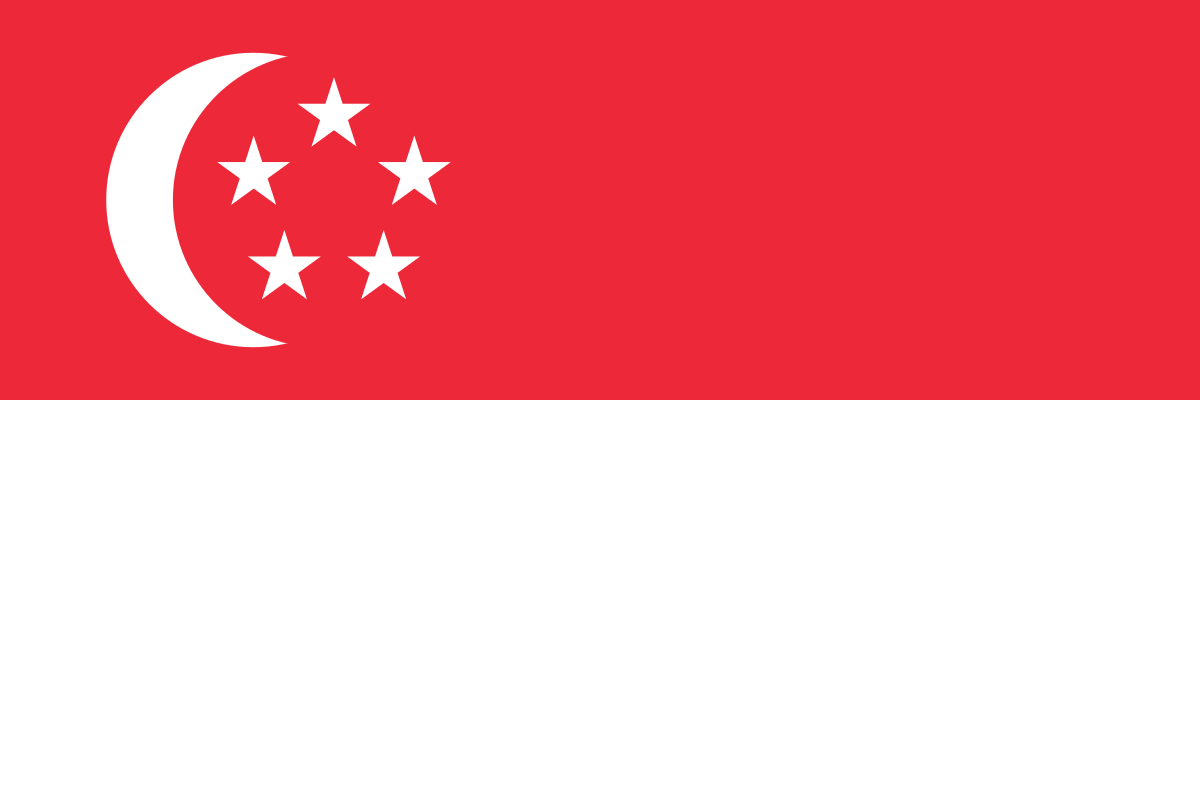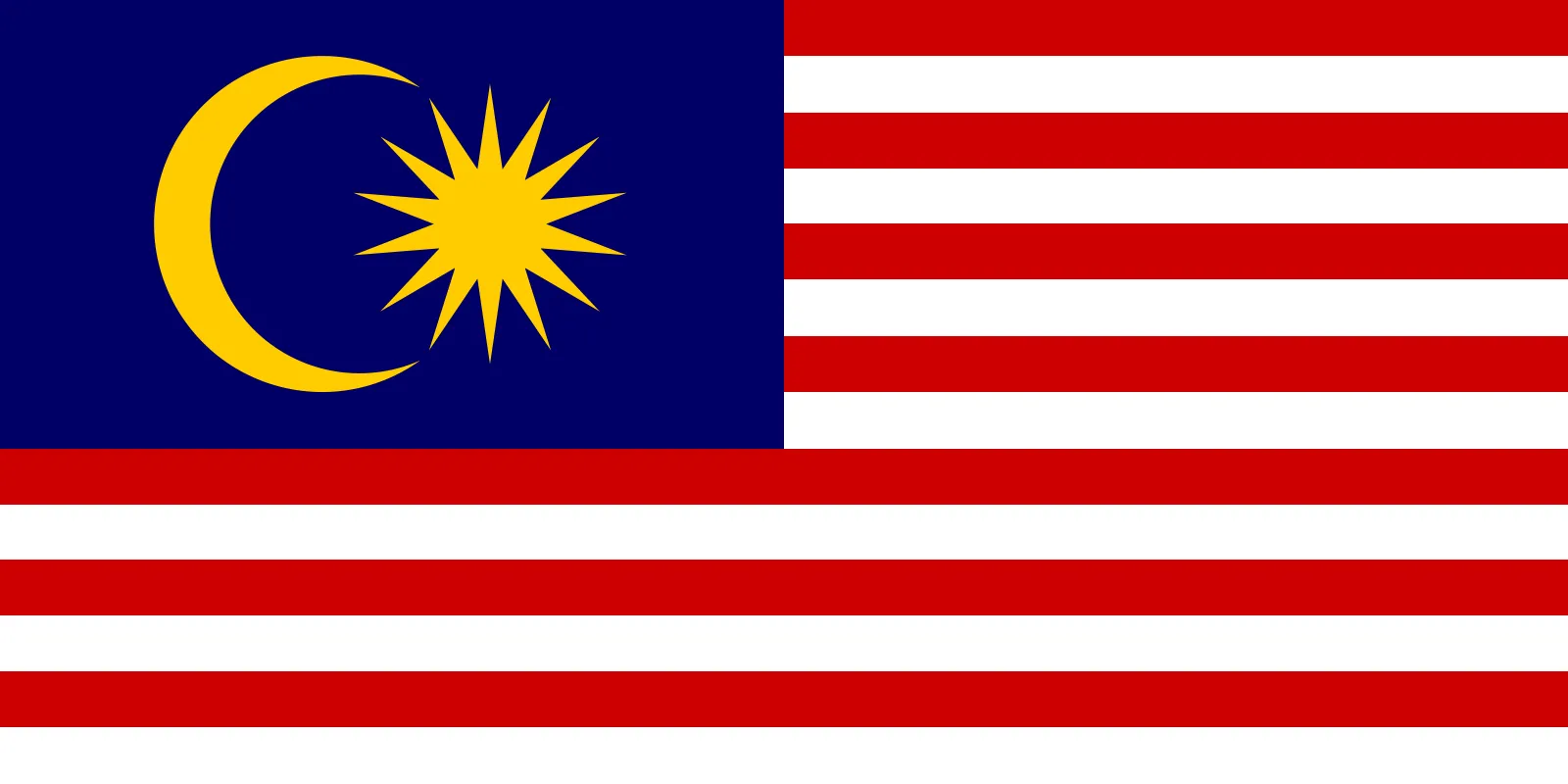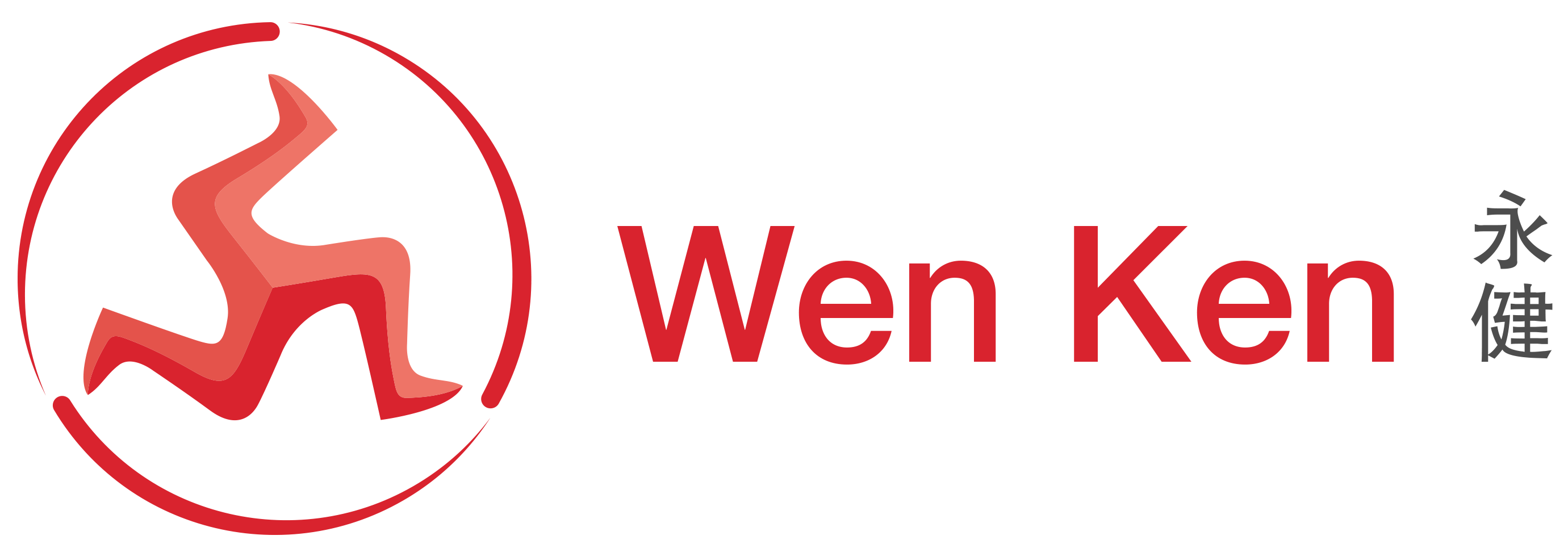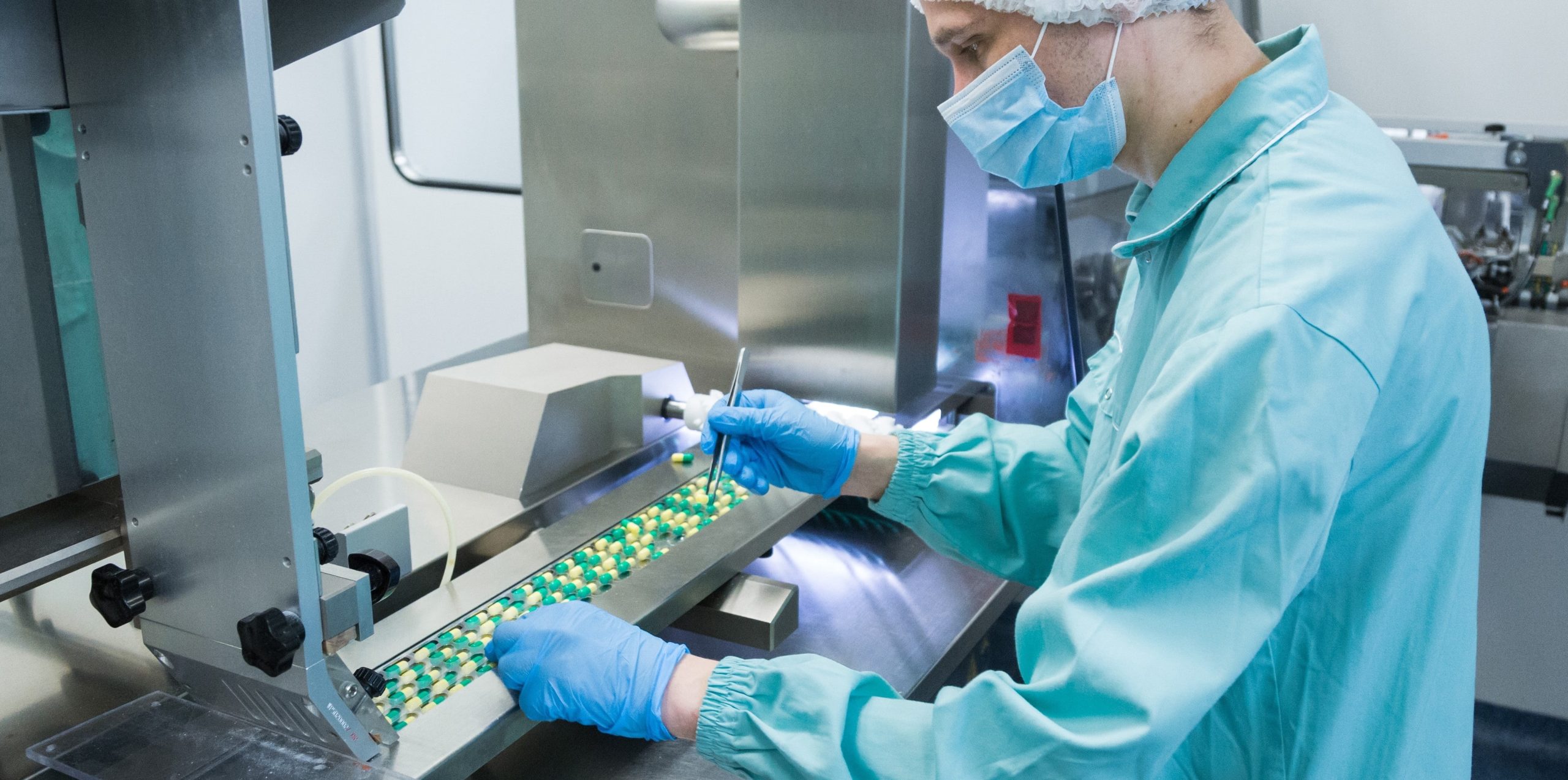In Singapore, culture, religion, and diet are not side notes. They are central to how health products are created, perceived, and trusted.
With a consumer base that spans different ethnicities, faiths, and health beliefs, brands can no longer afford to push generic one-size-fits-all formulations.
For brands seeking to succeed, understanding real consumer lives and developing products that fit naturally into them is crucial.
This article explores how OEM manufacturers in Singapore like Wen Ken Group help brands build formulations that honor diversity, meet regulatory expectations, and deliver real value to the communities they serve.
Table of Contents
How Religious Compliance Shapes Product Formulation
Religion plays a direct role in what is acceptable, not just in food, but in supplements and medicines too.
In Singapore, where Buddhism, Christianity, Islam, Taoism, and Hinduism are major religions, respecting religious dietary requirements is non-negotiable.
Properly addressing these conditions isn’t just about labeling. It impacts how the product is formulated from the ground up.
For halal-certified supplements in Singapore, manufacturers must ensure:
- Ingredients are free from porcine derivatives
- Alcohol is avoided not only in active ingredients, but also in processing agents and solvents.
- Raw material sources are certified Halal, and traceability is maintained from start to finish.
- Materials of filters, brushes, testing media must be free from animal source.
Even though Kosher certification is less demanded locally, it remains strategically important for brands eyeing export markets like the US or European countries, where Kosher can serve as an additional trust marker.
Similarly, vegetarian-friendly formulations are essential for the Hindu and Buddhist markets, which avoid animal-based ingredients entirely, often down to capsule shells and excipients.
Wen Ken Group goes beyond ingredient checks. We ensure full compliance across sourcing, production, and certification documentation to protect brand reputation while widening market reach.
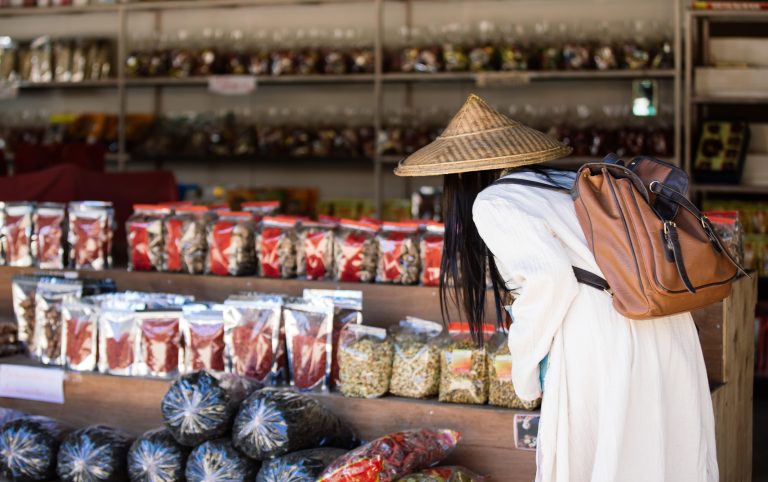
Why Local Diets Must Guide Supplement Formulation
Health concerns are strongly tied to everyday diet and lifestyle habits.
Understanding these patterns is critical for creating supplements that are truly beneficial to the populace, not just market trends imported from elsewhere.
In Singapore, many consumers tend to adopt a blend of traditional and modern health approaches when managing wellness.
Formulations tailored to local needs could include ingredients that:
- Improve blood circulation support (e.g., Gingko Biloba) to promote heart health and combat sedentary urban lifestyles.
- Support liver health (e.g., Milk Thistle) to address heavy diets and the prevalence of social drinking.
- Reduce cholesterol (e.g. Red Yeast Rice) by tackling rising cardiovascular risks.
- Assist weight management (e.g., Garcinia Cambogia, Guarana Extract) as obesity becomes a growing concern.
OEM manufacturers must go beyond replicating global trends. They must build products informed by regional dietary patterns, health data, and consumer behavior.
Wen Ken’s R&D team actively studies local health trends to create formulas that fit real consumer needs. This tailored approach increases product relevance, shortens adoption curves, and helps brands build genuine trust faster.
Blending Traditional Ingredients with Modern Formats
Singaporeans, and by extension, Southeast Asian consumers, are comfortable with traditional health remedies.
Ingredients like ginseng, tongkat ali, turmeric, and cordyceps are already part of the cultural health vocabulary.
However, while the actives are familiar, today’s consumers expect modern and easy-to-use delivery formats, such as:
- Capsules and tablets (preferred for dosage consistency)
- Sachets and powders (popular for functional beverages)
- Teabags (blending tradition with convenience)
Acceptance also depends on how well the product aligns with cultural health philosophies, like those found in Traditional Chinese Medicine (TCM) or Ayurvedic practices.
Wen Ken works closely with clients to match activities to the right delivery format, optimize palatability (taste, texture, solubility), and ensure consumer convenience without losing traditional credibility.
This blending of the old and the new is essential in OEM medicine and OTC manufacturing today, where culture and innovation must go hand in hand.

How Culturally Sensitive Packaging Builds Trust
In a multicultural society, packaging is not decoration—it’s communication.
A product’s packaging can either build trust or undermine it entirely. Poorly considered packaging can alienate entire consumer segments or fail regulatory checks before a product even reaches the shelf.
Key considerations for the Singapore market include:
- Multilingual labeling (English, Chinese, Malay) to ensure inclusivity and clarity.
- Avoiding sensitive imagery or language.
- Certain symbols, colors, or words carry cultural significance and must be handled carefully.
- Regulatory compliance with the Health Sciences Authority’s (HSA) labeling standards.
- Highlighting certifications (Halal logo, GMP compliance) visibly to boost consumer confidence.
Packaging that speaks the right language, figuratively and literally, results in products that look trustworthy even before a consumer picks them up.
We guide our clients at every stage of packaging development to ensure that design choices align with local cultural expectations and regulatory needs.
Why Collaboration is Key to Culturally Aligned Products
Cultural relevance isn’t a detail to tweak at the end. It’s built into every step of a product’s journey.
True customization means embedding cultural understanding into:
- Formulation
- Ingredient selection
- Manufacturing processes
- Certification and documentation pathways
- Market positioning and consumer messaging
Wen Ken Group provides end-to-end support across:
- R&D and product innovation
- Local and overseas healthcare product registration
- Regulatory compliance and Halal certification
- Flexible, localized manufacturing capabilities
- Customization of dosage forms, flavors, and packaging for cultural resonance
Through close collaboration, we help brands build products that don’t just “pass”, but truly belong in the markets they’re designed for.

Conclusion
In Singapore’s multifaceted health market, cultural and dietary sensitivity isn’t a checkbox. It’s a competitive edge that you can capitalize on.
Brands that refine their products to real consumer lives enjoy stronger loyalty, smoother market entry, and faster growth.
If you want to make it work, you need a partner who understands these nuances from the start.
To that end, Wen Ken Group brings together scientific expertise, cultural intelligence, and healthcare manufacturing excellence to deliver solutions that meet the needs of a diverse, discerning market.
Partner with us today for bespoke OEM manufacturing solutions that are compliant and ready for Singapore’s multicultural consumers.
